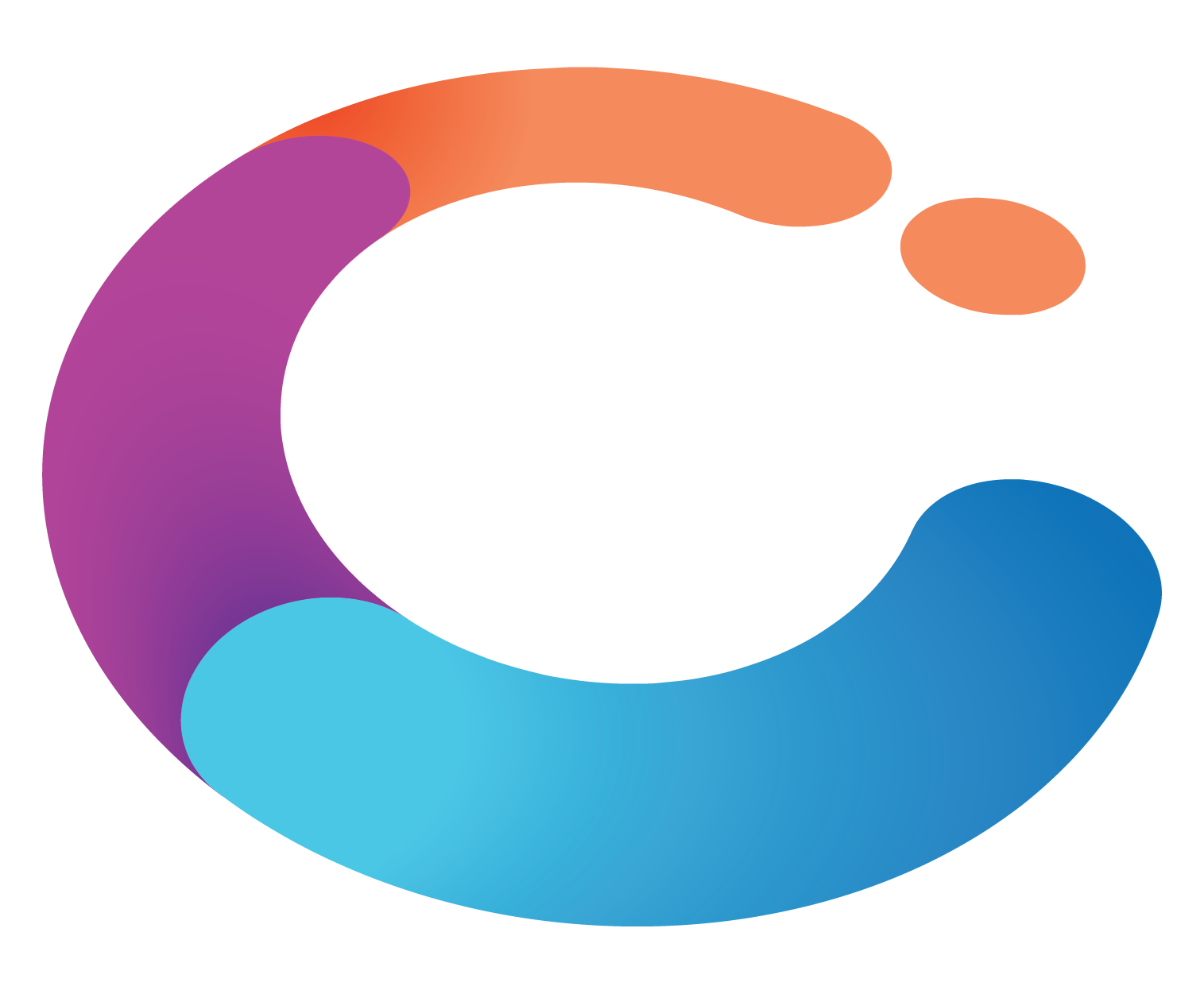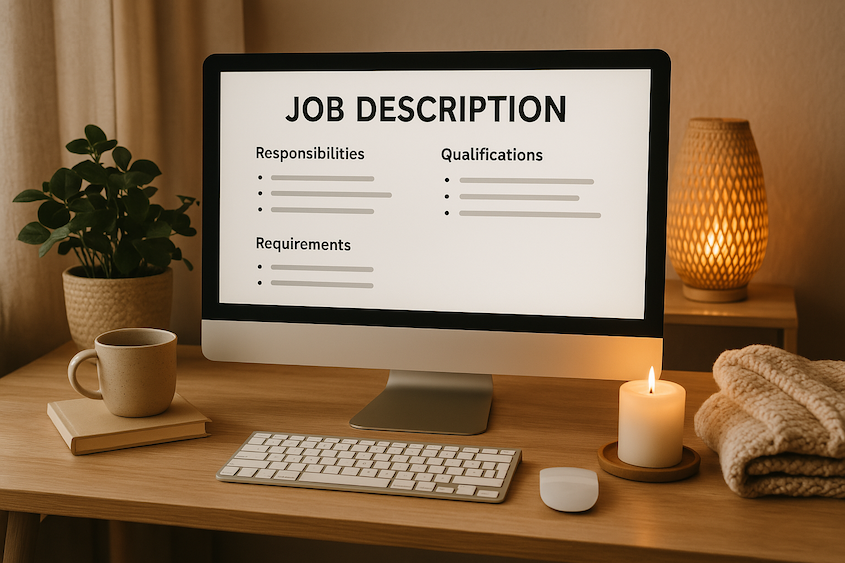Human resource systems: complete guide to modern HR technology solutions
Picture this: you’re hiring based on gut feeling, your company culture feels like it happened by accident, and your HR team is drowning in a sea of...
Become the expert on delivering
valid and fair assessments for
your training and education.
Hire
|
Engage
|
Develop
|
|
Automatically match to candidates who are a great fit for your team culture and who are intrinsically motivated to succeed. |
Deeply understand your organisation with science-backed analytics on your culture, team design, and engagement. |
Back your onboarding, compliance and skill development with industry-leading credentialling, competency and capability expertise.
|
.png?width=383&height=200&name=team%20(1).png)
5 min read
 Compono
Jul 1, 2025 8:35:19 PM
Compono
Jul 1, 2025 8:35:19 PM

Human resource professionals have evolved far beyond the stereotype of administrative paper-pushers shuffling through personnel records. Today’s HR professionals are strategic business partners who shape organisational success through workforce planning, talent management, and employee advocacy. They’re the ones mediating workplace disputes, negotiating employment contracts, and ensuring your organisation stays compliant with ever-changing labour laws.
If you’re considering an HR career or looking to understand what these professionals actually do, you’re in the right place. The human resources field offers diverse opportunities, competitive salaries, and genuine impact on business outcomes. Let’s explore what makes this profession tick and why demand for skilled HR professionals continues to grow.
Human resource professionals are organisational experts who manage the complete employee lifecycle. They develop and implement comprehensive staffing strategies, serve as mediators in workplace disputes, and represent organisations in enterprise bargaining negotiations. Think of them as the bridge between management and employees, ensuring both sides get what they need to succeed.
These professionals don’t just handle hiring and firing – though recruitment and talent acquisition remain core functions. They evaluate employment conditions, develop company policies aligned with labour laws, and create programs that boost employee retention and well being. Modern HR professionals maximise business investment in people by strategically aligning workforce capabilities with organisational goals.
The role has shifted dramatically from purely administrative tasks to strategic business partnership. Today’s human resources professional needs to understand data analytics, employment law, and business operations while maintaining strong people skills and emotional intelligence.
HR professionals coordinate end-to-end recruitment processes that go far beyond posting job vacancy information on career websites. They collaborate with management to identify specific workforce needs, screen candidates for essential qualities and cultural fit, and utilise various recruiting strategies to source qualified applicants.
The process involves interviewing candidates to assess job requirements and role suitability, processing onboarding paperwork including payroll setup and benefits enrolment, and providing comprehensive orientation materials. Good communication skills are essential here – HR professionals must clearly explain job descriptions, company culture, and development opportunities to potential new employees.
Modern recruitment has become increasingly data-driven. Human resources departments now use applicant tracking systems and analytics to measure recruiting effectiveness, reduce time-to-hire, and improve candidate experience. This shift means HR professionals need both people skills and technical proficiency to succeed. Learn more about the drawbacks of traditional recruitment methods and how scientific approaches can improve hiring outcomes.
Building positive workplace relationships between employees and leadership teams is where human resources really shines. HR professionals address employee concerns promptly, resolve disputes through mediation, and monitor workplace dynamics to prevent conflicts before they escalate.
Performance management involves more than annual reviews. HR professionals develop systems for managing performance, provide training programs tailored to individual and organisational needs, and create clear communication channels regarding company policies and compensation. They act as culture ambassadors, ensuring organisational structure aligns with company objectives.
When workplace issues arise, HR professionals use conflict management skills to facilitate resolution. This might involve formal grievance procedures, mediation sessions, or implementing new policies to prevent similar problems. The goal is maintaining productive, respectful work environments where all staff members can thrive.
Ensuring adherence to labour laws like the Health and Safety at Work Act is a critical responsibility that keeps organisations legally protected. HR professionals develop policies covering ethical practices, workplace behaviour, attendance requirements, and safety protocols. They implement training programs and manage documentation for workplace injuries or incidents.
HR policies must balance employee rights with business needs. This requires deep HR knowledge of regulatory requirements across jurisdictions, especially for larger organisations operating in multiple locations. HR professionals enforce disciplinary actions fairly and consistently, maintaining accurate employee records for legal compliance and operational efficiency.
The compliance role has expanded significantly with remote work trends and changing employment legislation. Human resources departments must stay current with evolving regulations while ensuring company policies remain practical and enforceable.
The human resources field offers clear career progression with increasing responsibility and compensation. Here’s what you can expect across different HR job titles:
|
Role |
Average Salary (AU) |
Key Responsibilities |
|---|---|---|
|
HR administrator |
$48,000 |
Personnel records, database maintenance |
|
HR assistant |
$48,000 |
Administrative support, documentation |
|
Recruiter |
$58,000 |
Candidate screening, recruiting schedules |
|
HR specialist |
$65,000 |
CV reviews, interviews, background checks |
|
HR advisor |
$66,000 |
HR planning consultation, workplace improvements |
|
$89,000 |
Team oversight, regulatory compliance |
|
|
$97,000 |
Strategic initiatives with senior leadership |
Specialisation often leads to higher compensation and career advancement. HR professionals can focus on specific areas like benefits administration, where specialists assist with benefits selection and processing. Employee relations managers build positive employee-leadership relationships and typically earn higher salaries due to their strategic importance.
HRIS analysts manage HR technology and data analysis, combining information technology skills with human resources expertise. Training and development specialists create tailored learning programs, addressing training needs across organisations. These roles require specific technical skills but offer excellent career growth potential.
HR directors supervise entire human resources departments and strategic initiatives, representing the pinnacle of traditional HR career paths. They’re responsible for organisational psychology applications, workforce planning, and ensuring HR operations align with business objectives.
Success in human resources requires a unique blend of people skills and technical competence. Strong mediation and conflict resolution abilities help handle workplace disputes effectively, while leadership skills guide teams toward common goals and build employee trust.
Excellent communication skills – both verbal and written – are non-negotiable. HR professionals must bridge employee-executive relationships, explain complex policies clearly, and facilitate difficult conversations. Talent management expertise helps identify, develop, and retain organisational talent, directly impacting business performance.
Adaptability and willingness to learn new technologies keep HR professionals relevant as HR processes evolve. The field increasingly relies on automation and analytics, making technical proficiency essential for career advancement.
Modern HR professionals need proficiency with HR information systems, payroll software, and database management tools. Data analysis capabilities help evaluate recruiting metrics and employee performance, enabling evidence-based decision making rather than gut instinct.
Administrative skills remain important for record-keeping, documentation, and compliance tracking. However, the emphasis has shifted toward strategic analysis and workforce planning rather than purely transactional tasks. Training development abilities help create and deliver employee learning sessions that address specific organisational needs.
Understanding labour laws and regulatory requirements across jurisdictions protects organisations from legal risks while ensuring fair treatment of all employees. This knowledge base must stay current as employment legislation continues evolving.
A bachelor’s degree in human resources, business administration, or related fields is typically required for entry-level positions. Specialised HR programs teach leadership, team motivation, and organisational management principles that form the foundation for successful careers.
Professional development doesn’t stop with formal education. Professional certifications like SHRM-CP or PHR enhance career advancement opportunities and demonstrate commitment to the field. Many HR professionals pursue additional qualifications in organisational psychology, employment law, or specific HR management areas.
Continuous learning through workshops, conferences, and online courses keeps skills current with industry trends. The Zealand Standard Classification system recognises various HR specialisations, providing clear pathways for career progression. Certificate IV qualifications in human resources offer practical training for those entering the field.
Professional goals should align with organisational needs and personal interests. Some HR professionals focus on becoming HR generalists with broad skills, while others specialise in areas like talent acquisition or benefits administration. Both paths offer rewarding careers with strong growth potential.
HR jobs are projected to grow 6-10% through 2032 across various specialisations, outpacing average employment growth rates. This expansion reflects increasing recognition of human capital as a strategic business asset and growing complexity in employment regulations.
Automation is shifting HR roles toward strategic functions and data-driven decision making rather than routine administrative tasks. Modern human resources professionals need business acumen, technology proficiency, and employee advocacy skills to succeed in this evolving landscape.
Career progression typically follows a clear path: HR assistant → HR generalist → HR manager → HR director. However, specialisation opportunities exist in talent acquisition, employee relations, HRIS management, and benefits administration. Each specialisation offers unique challenges and compensation levels.
Remote work and digital transformation are creating new roles in HR technology and virtual team management. HR professionals who embrace these changes and develop relevant skills will find excellent opportunities in the expanding field. The key is staying adaptable while maintaining focus on the human element that makes this profession essential.
Whether you’re just starting your career or looking to advance in human resources management, the field offers genuine opportunities to impact organisational success while building rewarding professional relationships. The combination of strategic thinking, people skills, and technical competence makes human resource professionals invaluable assets to any organisation.

Picture this: you’re hiring based on gut feeling, your company culture feels like it happened by accident, and your HR team is drowning in a sea of...

Job descriptions serve as formal documents that delineate the essential functions, responsibilities, and qualifications for specific positions. They...
.png)
35 min read
This is a full research data summary. Want the shortened article version with infographics? Click here. 😎 Note: All data below come from late 2024...

Growing a startup means juggling a million priorities, and somewhere between fundraising and product development, you realise your HR processes have...

Managing employee data shouldn’t feel like herding cats. Yet for many organisations, HR processes remain scattered across spreadsheets, filing...